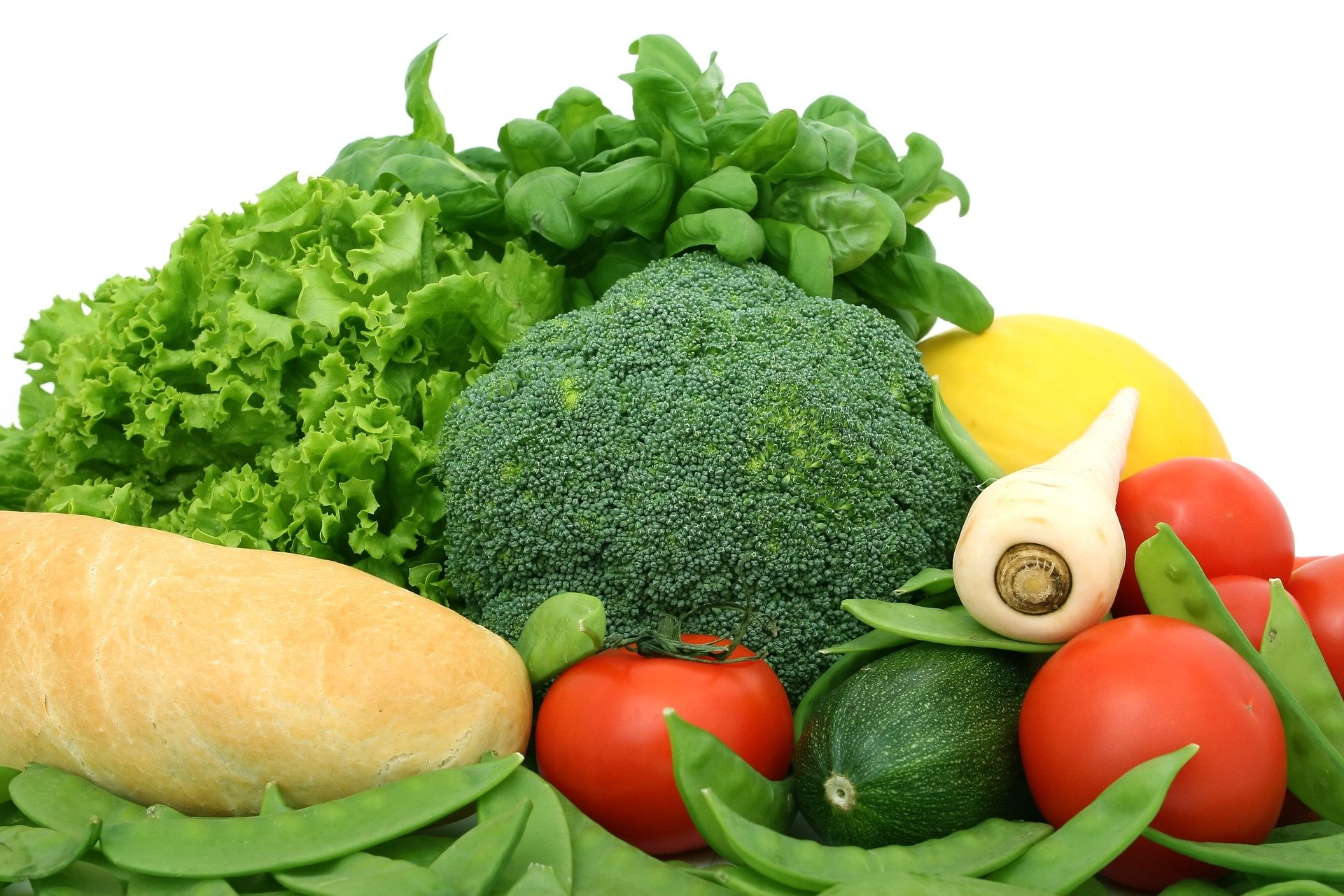Since the first supermarket was opened in the US in 1930, the industry hasn’t changed much. Supermarkets are handy places for us to go and pick up what we need, when we need it, all from one place. It’s fair to say that expectations are limited when it comes to supermarkets—customers know what’s coming: baskets, shelves, and checkouts. However, this all changed when Amazon opened its first physical grocery store location in 2018, Amazon Go.
The move created shockwaves throughout the grocery industry for one major reason—there are no checkouts at Amazon Go. In this article, we look at all the latest grocery innovations Amazon has brought to the table.
Online to onsite
For a traditionally online retailer, opening a brick and mortar store may seem like a strange move, but Amazon’s shift into the supermarket industry should not come as a surprise. Of course, Amazon’s new line of grocery stores does not replicate the existing shopping experience. Instead, every aspect of the process is optimized with technology and efficiency in mind.
Amazon describes its outlets as “a new kind of store with no checkout required”, all thanks to their innovations. These stores use the same technology that you would find in driverless cars. Cameras track the movement of customers and products to calculate what you’ve taken. There’re no checkouts, so just leaving the store with your goods is your checkout experience. Your Amazon account would then be charged.
For consumers, the appeal of an instant checkout grocery store offers two main benefits. First, the experience is more efficient and enjoyable. Second, lower employee costs can translate into cheaper products. These ideas are priorities for supermarkets approaching the future of food retail, especially with the growth of discount marketers like Aldi. In 2019, Aldi had 1,800 stores in the US, with plans to increase this to 2,500 by 2022. The average Aldi shopping basket cost is 20 percent less than in Walmart.
Amazon’s mission to produce high-quality goods at reasonable consumer prices is ambitious but is already clawing away at the competition. According to one report, Amazon Go is up to 25 per cent cheaper than its nearest rival, Kroger-owned QFC. The stiff competition means Amazon is willing to go the extra mile to dominate this industry.
Competition or a boost for businesses?
The expansion of Amazon into the grocery market could be frustrating for their new competition, but it creates a powerful sentiment: physical shops are not doomed to be a thing of the past. While it does create additional competition, it also invigorates the industry and promote in-store shopping over online commerce.
Amazon’s move has pushed many grocers to offer click and collect options. Plus, the expansion of self-serve checkouts and scan-as-you-shop devices reflect a new era of innovation for supermarkets. Most importantly, Amazon’s physical shops can help alternative and growing businesses.
Amazon Go stores can be used as fulfilment centers for small businesses that are registered as sellers on Amazon. This means that customers can pick up their packages with ease at any of their grocery stores. Furthermore, the physical locations mean that construction and engineering jobs can be created to build the new no-checkout stores.
A rapid expansion along with reinvigorated needs for safe and hygienic shopping locations means that manufacturing can benefit from Amazon’s expansion. The growth of factories and fulfilment centers also needs to ensure safety. Safety and hygiene practices would also need to be considered with the increasing number of factories and fulfilment centers, with stainless steel electrical enclosures and cable management systems being an effective solution.
The contactless nature of Amazon’s grocery stores has come about at the right time too. In a world where we are becoming increasingly conscious of our interactions with people, contactless is the way to go.
Your new shopping assistant
As well as AI being used to calculate what you’ve bought in an Amazon Go store, the experience of shop assistance has also been digitized. Amazon’s own Alexa is a prominent feature of the shopping experience. Units across the store are ready to give guidance and advice on your shopping needs. The Echo devices with the enabled voice assistant can guide you to locations in the store and offer information about their products.
As well as the virtual assistant, the digitized stores also offer customers the ability to track their spending. Receipts are automatically emailed and grant customers access to product information online. The ability to access this information not only changes how we shop, but potentially how we eat. In the future, grocers may recommend products based on our dietary choices, and offer healthier alternatives. While moving into a physical location, Amazon is moving a conception of shopping to online spaces.
This business premise is expected to expand globally from 2020. With triumphs throughout the country, it will likely and continually grow at successive rate here in the USA as well. With this in mind, it could be expected that these innovations will expand not only into other supermarkets and grocers but into other retail sectors as well. Hospitality and fashion retail may benefit from a similar approach to no-service-needed businesses, where products can be taken, and your account will be automatically charged. Every industry is changing through technology, and our lives will be wildly different as a consequence.
Sources
https://edition.cnn.com/interactive/2019/05/business/aldi-walmart-low-food-prices/index.html






